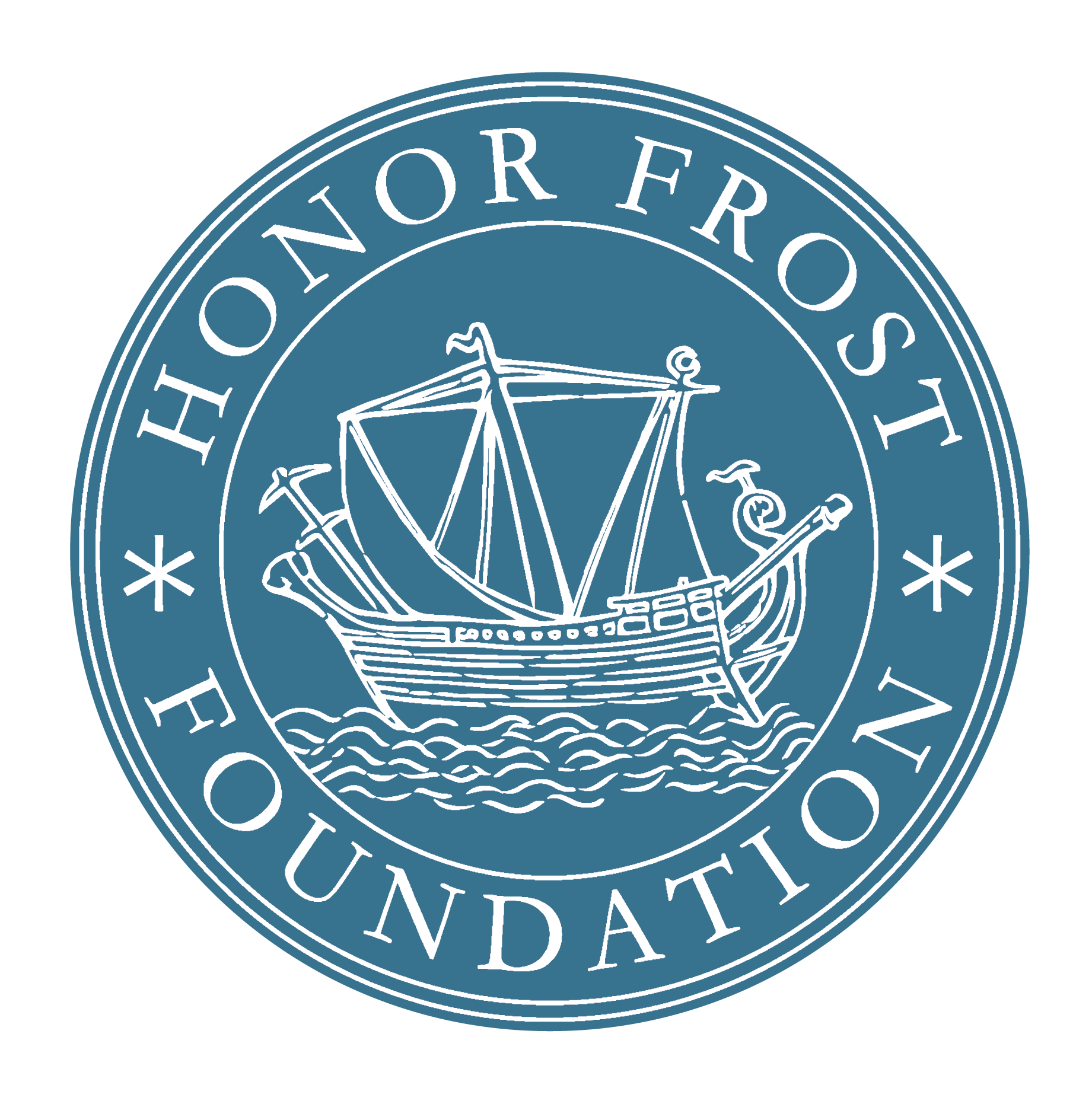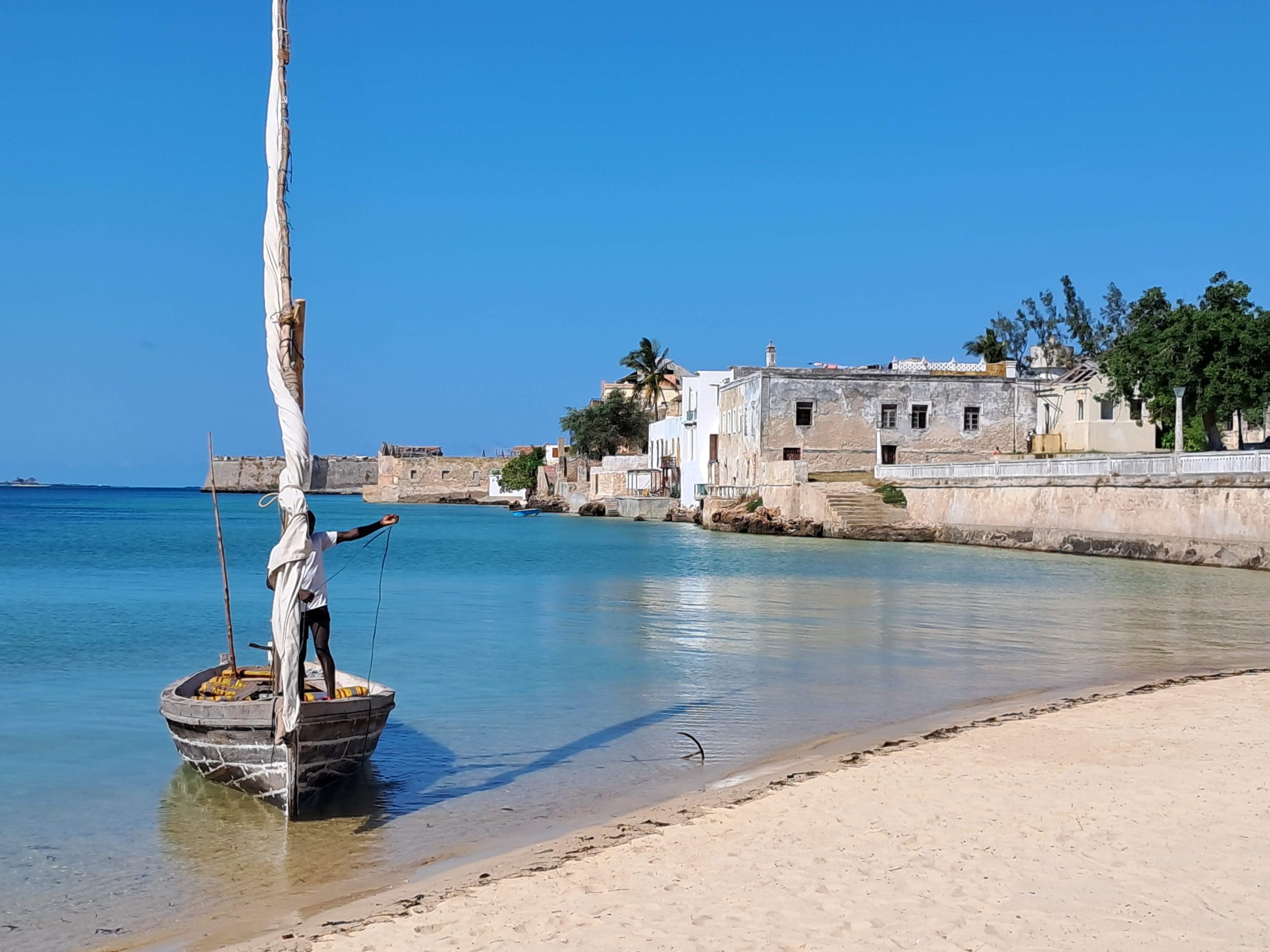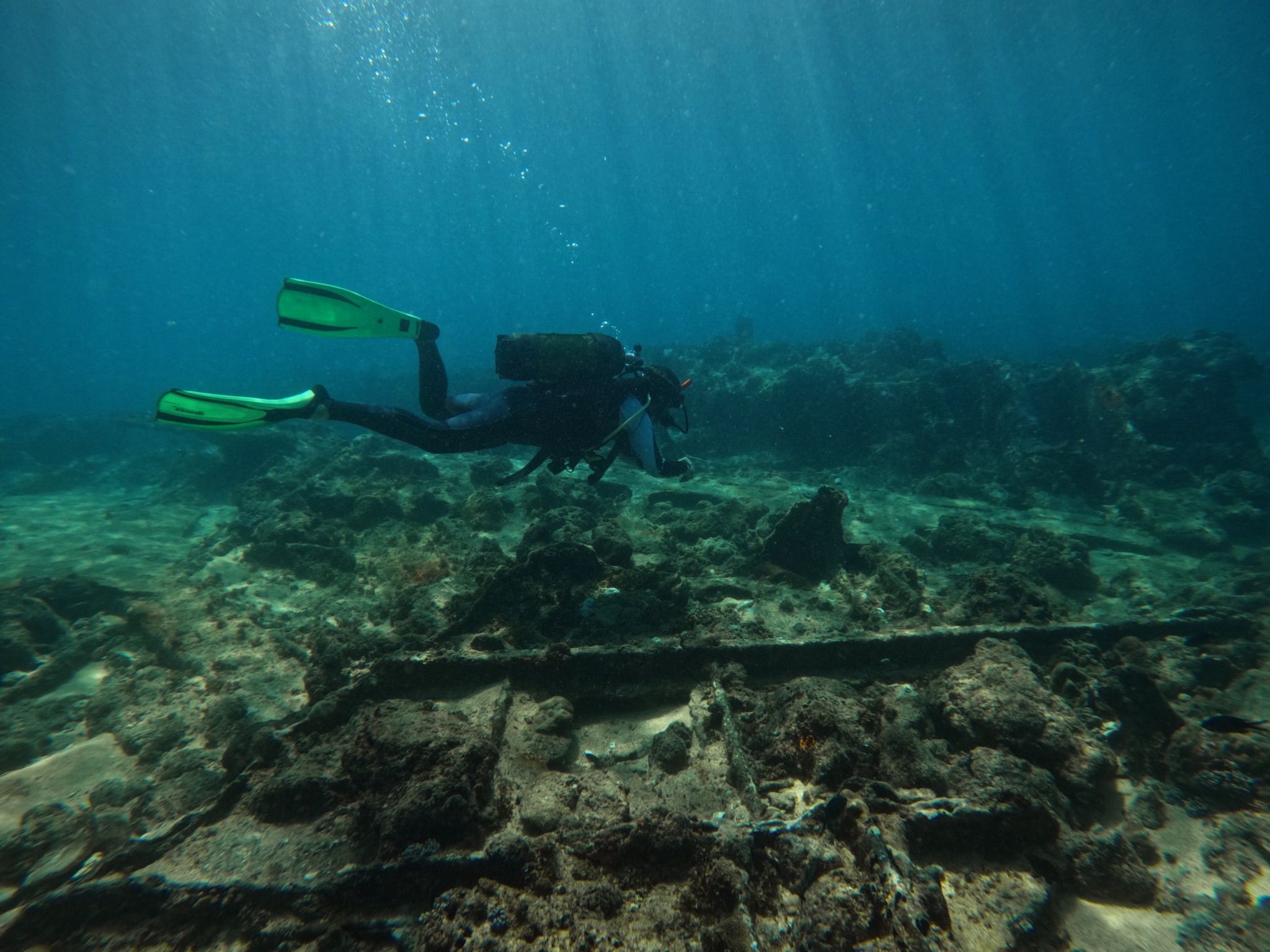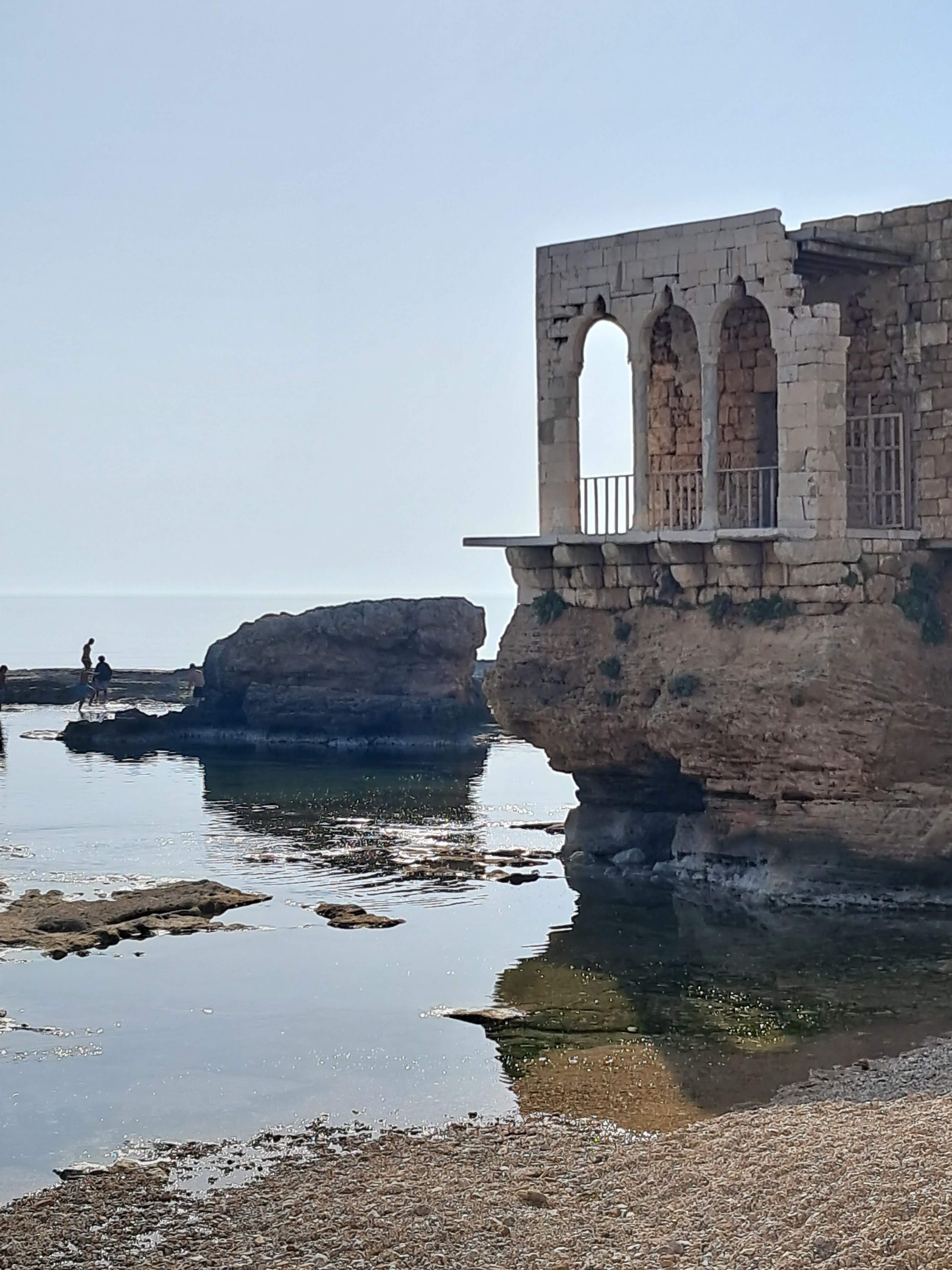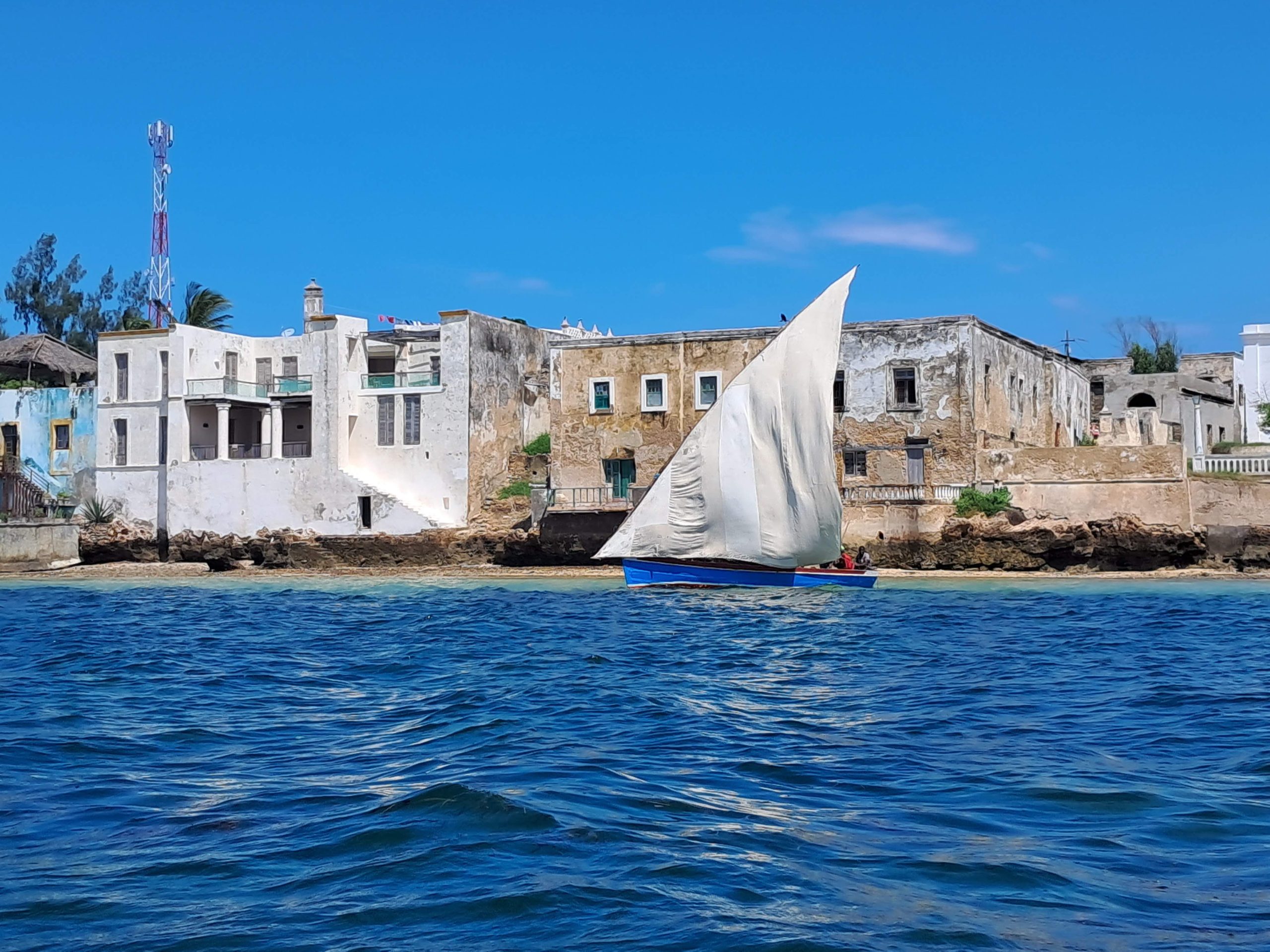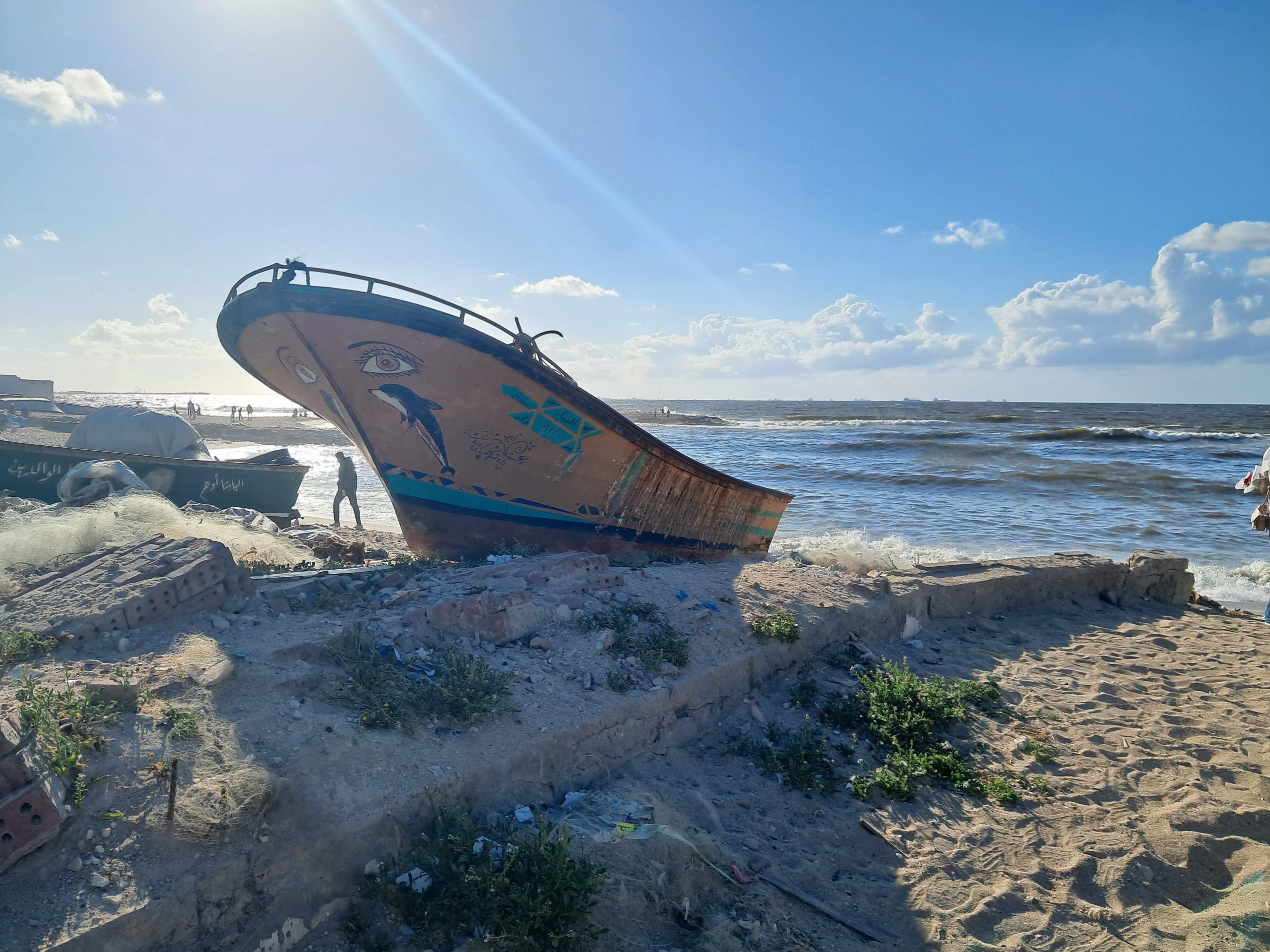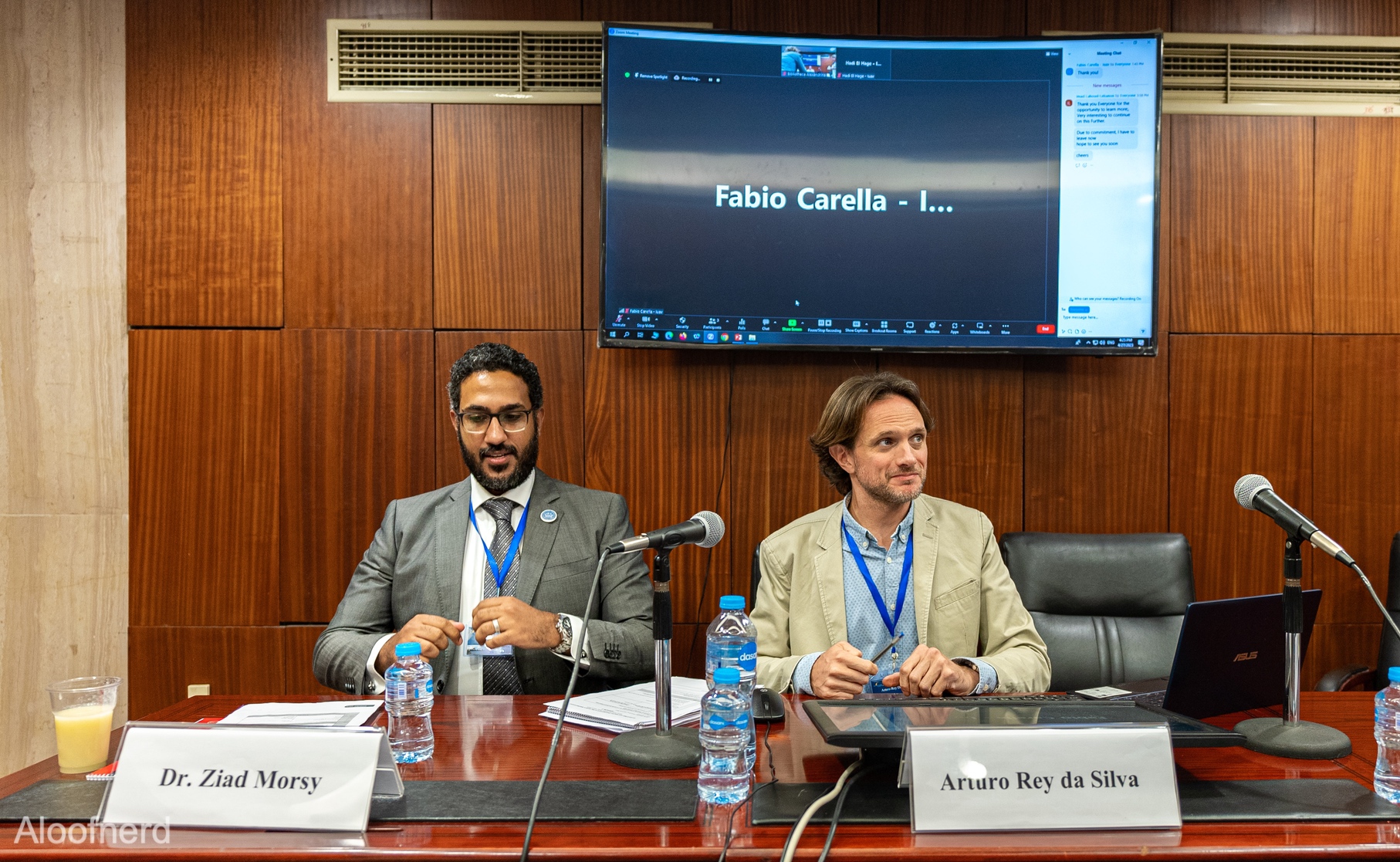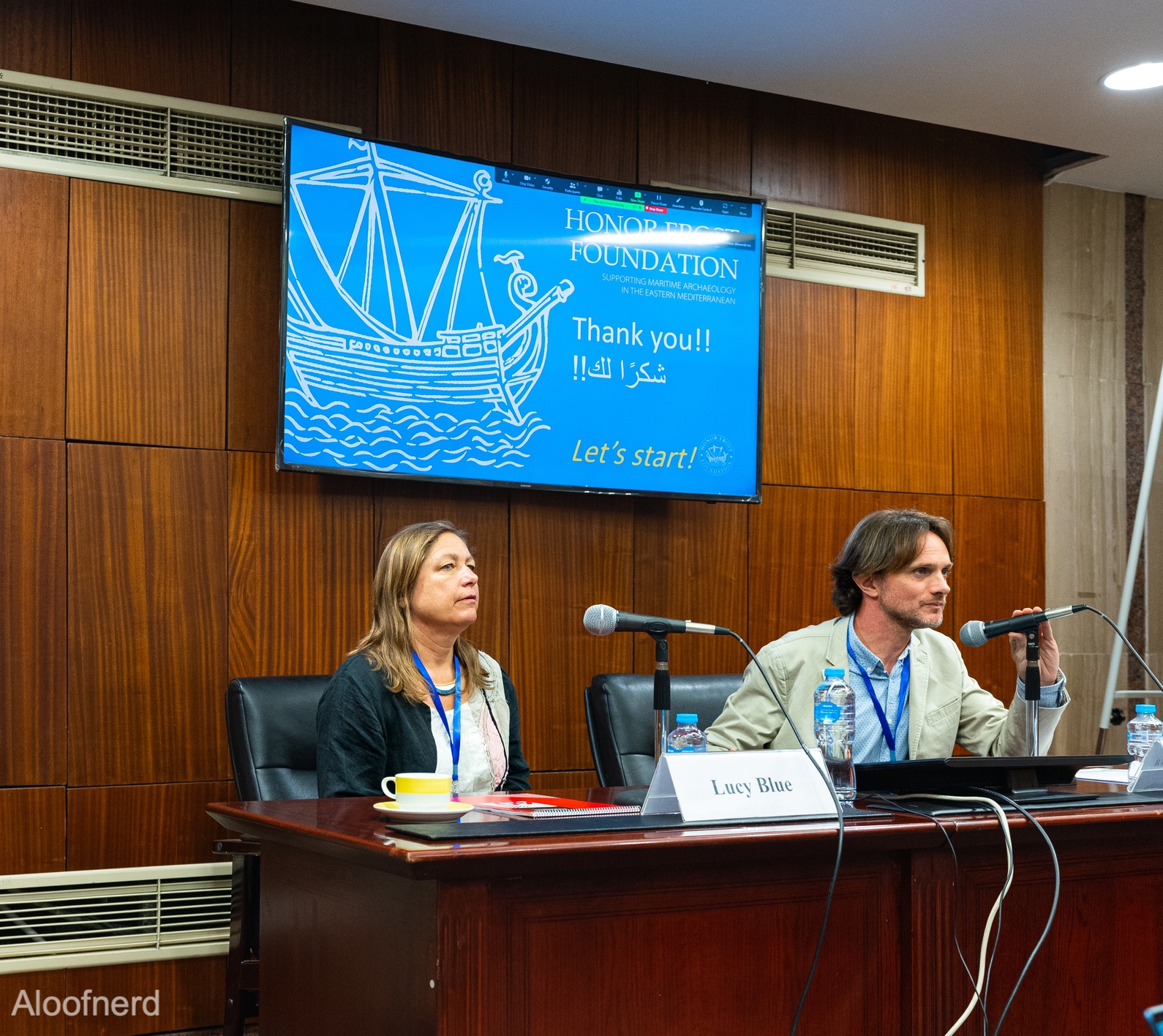Arturo Rey da Silva – 2021-2023 – University of Edinburgh Post Doc

In 2021, The Honor Frost Foundation, in cooperation with the Rising from the Depths Network (RftD), awarded him a postdoctoral fellowship to study the potential of Marine Cultural Heritage (MCH) for sustainable development. Dr Rey da Silva is focusing the first year of this fellowship on the analysis of the outcomes of the RftD projects, leading to policy and practice recommendations to harness MCH’s potential for sustainable economic, social, and ecological development in East Africa. These approaches and conclusions will serve as models to measure the contribution of maritime archaeology to sustainable development in the eastern Mediterranean as well as helping to evaluate the governing systems impacting MCH in the region.
Since he was appointed, Dr Rey da Silva has already coordinated, together with the RftD team, a series of workshops focusing on the involvement of local communities in MCH governance, the environment and climate change, and the use of arts and cultural manifestations in knowledge transfer. He has also coordinated, in cooperation with UNESCO, a capacity-building programme for young African emerging professionals, and is currently undertaking a regional policy analysis.
2021-2022 Update
During the academic year 2021-2022, the Post-Doctoral Researcher (PDR) has successfully analysed the impacts of the RftD projects in East Africa, engaging with local communities, researchers, policymakers, advocacy groups, and competent authorities. Through a series of workshops, interviews, and training programmes, the contribution of Marine Cultural Heritage to the challenges local communities are facing has been tackled from different angles, establishing a first framework to analyse policy and practice. The research has been presented in several academic conferences, and disseminated to the public and international organizations involved in policy-making like UNESCO, and the subject is being introduced in high-level education in MCH programmes. The PDR is successfully establishing a theoretical framework of heritage policy and practice analysis based on the evidence and impacts provided by the actions and projects financed by the HFF and RftD. In 2022-2023, the last phase of the research is entirely focusing on the eastern Mediterranean and on the potential impact and contribution of maritime archaeology research to the main challenges this region is facing.
2023 Final Update
In 2021, The Honor Frost Foundation, in cooperation with the Rising from the Depths Network (RftD), awarded him a postdoctoral fellowship at the University of Edinburgh to study the contribution of marine cultural heritage research and management to current economic, social, and environmental challenges. The Post-Doctoral Researcher analysed the impacts of the RftD projects in East Africa, as well as the HFF-supported actions in the eastern Mediterranean, engaging with local communities, researchers, policymakers, advocacy groups, and competent authorities through a series of workshops, surveys, interviews, and training programmes. This work resulted in the elaboration of a series of policy recommendations and a theoretical framework that will allow us to measure the effectiveness of marine cultural heritage policies, research, and methodological approaches to global challenges. The fellowship also analysed the functioning of international assistance mechanisms towards the preservation of marine heritage and its impact on the way maritime archaeology is developed in the studied regions.
Dr Rey da Silva coordinated, together with the RftD team and key partners such as UNESCO, ICOMOS or the Honor Frost Foundation, a series of workshops focusing on the involvement of local communities in marine heritage governance, the environment and climate change, or the use of arts and cultural manifestations in knowledge transfer. He also coordinated a capacity-building programme for young African emerging professionals in Mombasa in June 2022, as well as the 5th Honor Frost Foundation Policy Forum on Archaeology and Marine Development in the eastern Mediterranean in Alexandria, in April 2023.
The research has been presented at several academic conferences (i.e., The HFF Under the Mediterranean II Conference in November 2021, or the Conference on Historical and Underwater Archaeology in January 2024) and disseminated to the public and international organizations involved in policymaking (i.e., UNESCO), and the subject is being introduced in high-level education maritime archaeology and heritage programmes. As a result of the work carried out during this fellowship and the impact generated, the University of Edinburgh appointed Dr Rey da Silva as Lecturer in Heritage in January 2024. This will allow him to continue his research and elaborate innovative teaching content to advance the discipline, combining heritage studies with maritime archaeology.
Future research will focus on the implementation of this theoretical framework and its empirical results, elaborating a results-based framework in line with the needs and objectives of international standards and agendas (i.e., the UNESCO 2001 Convention, the UN 2030 Agenda, or the UN Ocean Decade). Future research will also focus on analysing the governance and use of marine cultural heritage in political and diplomatic multilateral relations, as well as the influence of international heritage systems on the traditional approaches to the past in local coastal communities.
